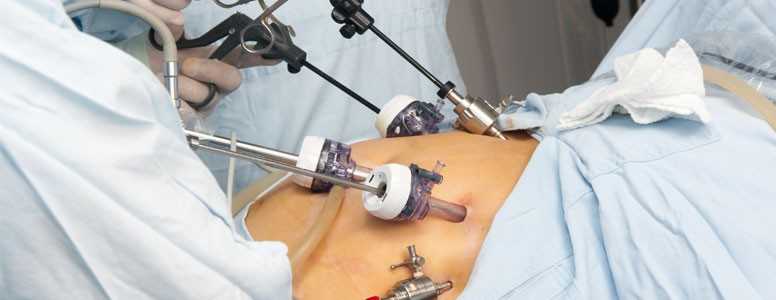A London-based research team has developed a new three-step test that helps to better predict the success of bariatric surgery amongst people with type 2 diabetes.
Although outcomes might improve with time, it was suggested that some people are more likely to achieve type 2 diabetes remission (obtaining normal blood sugars without any medication) after weight loss surgery than others.
While NICE guidelines are fixated on pre-surgery body mass index (BMI) as a determinant of success of surgery, new evidence suggests that there are more important factors at play.
In fact, the most up-to-date information presented at the last Diabetes Professional Care conference on the topic shows that diabetes remission rates are very similar irrespective of a person’s pre-surgery BMI.
Rather, the likelihood of improving diabetes through bariatric surgery may be more dependent upon medication requirements, HbA1c levels and the duration of diabetes.
These criteria form the basis of a scoring system, called DiaBetter, which was recently developed by researchers at University College London (UCL).
In the new study, these researchers evaluated the usefulness of DiaBetter for predicting diabetes remission and compared that with the formerly used DiaRem score, which doesn’t include diabetes duration.
They followed over 200 people who had undergone Roux-en-Y gastric bypass surgery or a sleeve gastrectomy. They then looked at how many of them achieved diabetes remissio, which score more accurately predicted it and how much weight they had lost.
After two years, almost 69 per cent of participants had put their diabetes into remission and researchers found that overall both scoring systems had a similar predictive value.
People with low DiaBetter and DiaRem scores were significantly more likely to achieve remission than those with higher scores. And the remission rate among those with the lowest DiaBetter scores was 98 per cent.
Further, gastric bypass was found to be more effective at reducing weight than sleeve gastrectomy. For every five per cent of weight lost, the odds of remission increased by 54 per cent, even after controlling for age, gender, BMI and the type of surgery.
This suggests that more efforts should be directed towards helping people to sustain or maintain weight loss to make sure that they get the most benefits from the surgery.
The findings were published in the journal Diabetic Medicine.
What's new on the forum? ⭐️
Get our free newsletters
Stay up to date with the latest news, research and breakthroughs.








